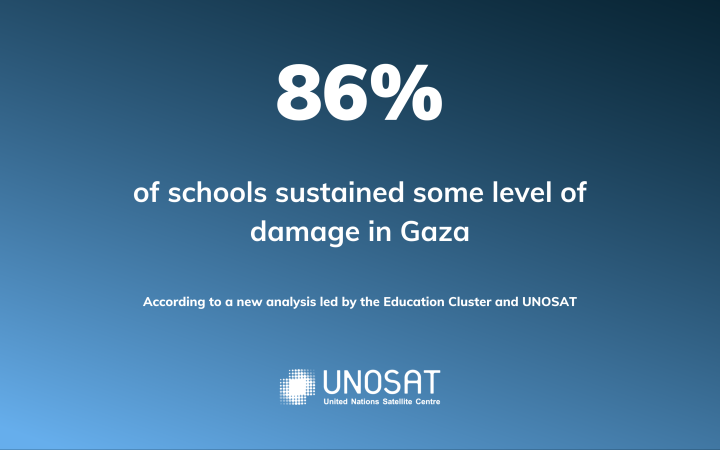Monash Partners Comprehensive Cancer Consortium (MPCCC) is thrilled to announce the recipients of the Precision Treatment Accelerator Grant, designed to propel ground-breaking advancements in precision cancer treatment.
This initiative underscores MPCCC’s commitment to revolutionising cancer care and improving patient outcomes across its partner organisations. A total of $426,184 has been awarded to four innovative projects, each poised to drive significant progress in precision cancer treatment.
“We are excited to support these four projects,” said MPCCC co-director Professor Mark Shackleton.
“They will build capacity for the application of high-quality precision cancer care that will be easily integrated into our busy Molecular Tumour Board program, supporting even more patients and clinicians to access the therapies and clinical trials they need, thereby addressing the MPCCC’s strategic priorities. Congratulations to the successful applicants.”
Establishing blood-based liquid biopsies for early detection of high-risk multiple myeloma
This project introduces a simple blood test for Extramedullary Disease (EMD patients). EMD patients are a subgroup of Multiple Myeloma (MM), an incurable blood cancer that affects over 2000 Australians annually. Over the duration of the grant, the project aims to improve early detection of EMD, facilitating urgently required intervention before EMD advances, and enable precise, personalised treatment options and monitoring to enhance patient outcomes.
Dr Nicholas Bingham, Dr Sridurga Mithraprabhu, Professor Andrew Spencer, Professor John Reynolds, Alfred Health
Clinical utility of liquid biopsy using blood and exhaled breath condensate (EBC) analysis of circulating tumour DNA (ctDNA) in advanced non-small cell lung cancer (NSCLC)
The project aims to prove that ctDNA in plasma and EBC have comparable sensitivity to tissue samples in identifying clinically relevant mutations in NSCLC which may facilitate therapeutic decision making at the time of diagnosis and during treatment. The traditional tumour-biopsy based genotyping has limitations and challenges of insufficient or low-quality tumour DNA as well as limited molecular information. The plasma circulating tumour DNA (ctDNA) and exhaled breath concentrate (EBC) can be used to identify lung cancer specific mutations.
Dr Pranav Dorwal, Dr Muhammad Alamgeer, Dr Vinod Ganju, Monash Health
A precision oncology platform for brain tumours
This project aims to develop a blood-based test to identify mutations in patients with brain tumours, which can be used to monitor progress over time, along with comprehensive anonymised patient data, to help learn how best to apply these results.
Dr Malaka Ameratunga, Dr Lucy Gately, Dr Elizabeth Ahern, Dr Miles Andrews, Alfred Health/ Monash Health
Integration of Eastern Health MPCCC fellow within the Aboriginal and Torres Strait Islander Oncology Service at Eastern Health to improve access to precision cancer program and trial
This project will fund the addition of a dedicated Oncology specialist doctor and researcher to join the emerging Aboriginal and Torres Strait Islander Oncology Service in Healesville. The doctor will link members of this community who are affected by cancer with the MPCCC to reduce barriers to taking part in clinical trials, educate the community to the availability and benefit of precision oncology, and empower them to make informed choices of cancer research and care.
Dr Lia Papadopoulos, Professor Phillip Parente, Eastern Health
Elevating Cancer Care Through Innovation
These projects exemplify MPCCC’s dedication to pushing the boundaries of cancer treatment and care. By supporting these initiatives, MPCCC aims to transform the landscape of cancer care delivery and positively impact patient outcomes.
About the Monash Partners Comprehensive Cancer Consortium
Monash Partners Comprehensive Cancer Consortium (MPCCC) is a network of hospitals and universities working together to advance cancer care through research. Our contemporary partnership connects Victoria’s largest public and private cancer health services with Monash University’s world leading research and education. Led by a team of internationally renowned researchers, our goal is to amplify our efforts by working together to link our ideas and resources, share our discoveries and work at scale to drive improvements in cancer care for a diverse population of over 2.1 million Victorians.








